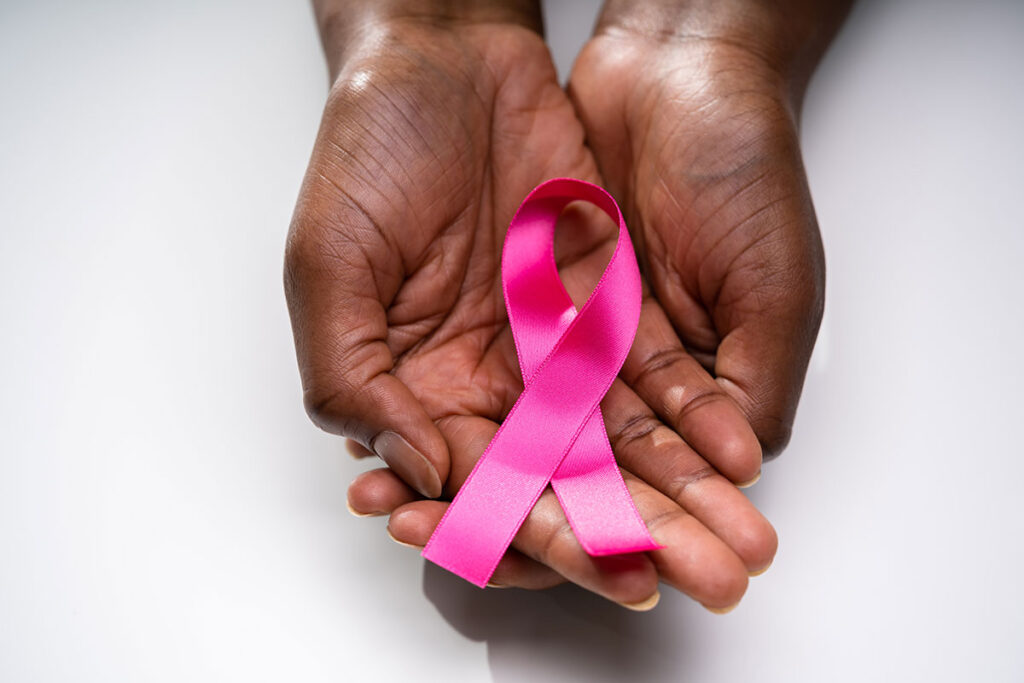Abstract
Introduction
Racial disparities in breast cancer treatment contribute to Black women having the worst breast cancer survival rates in the U.S. We investigated whether differences in receipt of optimal locoregional treatment (OLT), defined as receipt of mastectomy, breast-conserving surgery, or no surgery when contraindicated, existed between Black and White women with early-stage breast cancer from 2008–2018.
Methods
In this retrospective cohort study, data from the Surveillance, Epidemiology, and End Results (SEER) Program Incidence Database was utilized to identify tumor cases from Black and White women aged 20–64 years old with stage I-II breast cancer. Logistic regression analyses were used to evaluate the associations between race and receipt of OLT as well as potential effect modification by tumor characteristics, and year of diagnosis.
Results
Among 177,234 women diagnosed with early-stage breast tumors, disparities in OLT between Black and White women were present from 2008–2010 (2008: 82.1% Black vs. 85.7% White, p<0.001; 2009: 82.1% Black vs. 85.8% White, p<0.001; 2010: 82.2% Black vs. 87.2% White, p<0.001). This disparity was eliminated between 2010–2011 (86.3% Black vs. 87.5% White, p = 0.15), and did not reoccur during the remainder of the study period. From 2010–2011, more Black women received radiation therapy following breast-conserving surgery (43.4% to 48.9%; p = 0.001), which accounted for an overall increased receipt of OLT.
Conclusion
Increased receipt of radiation therapy with breast-conserving surgery appeared to drive a substantial increase in OLT for Black women from 2010–2011 that lasted throughout the study period. Further research on the underlying mechanisms that reduced this disparity is warranted.
The full study can be viewed at PLOS ONE.
Nadeem, H., Romley, J. A., & Warren Andersen, S. (2023). Reduced racial disparity in receipt of optimal locoregional treatment for women with early-stage breast cancer. Plos one, 18(9), e0291025.
Sign up for Schaeffer Center news
